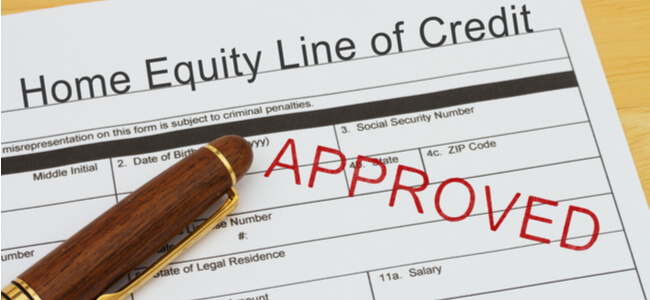How To Financially Recover After A Weather Disaster

A weather disaster can leave many away from home without the financial tools needed to survive on a daily basis. If you find yourself in need of funds, documentation, or cards then an advance-free loan could offer the relief you need. Read on to learn what necessary steps to take if you find yourself in this unfortunate position.
Staying On Top Of Your Finances
No matter your location, you should be in a position where you can process checks, use your credit and debit cards, access ATMs, and receive wire transfers. If any of your cards are lost or stolen, contact the card issuer immediately to report the loss, have the card blocked, and replacements organized.
If you don’t have the relevant number at hand, call 1-800-555-1212, a free number for American-based companies. Unauthorized use of a credit or debit card shouldn’t cost the card owner financially. Federal law protects card users from fraudulent use of cards. For debit cards however, the level of protection is dependent on whether you report a loss as soon as possible or not.
If forced to leave your home, ensure that you communicate with your employer. You may need to request the rerouting of any paychecks that are sent to you. Try to organize access to the checks through your local bank branch. Ensure there are no problems with your health insurance. Additionally, find out how long your employer is willing to change procedures to accommodate you being away from your home.
Contact any offices relevant to any additional income you receive, be it a pension or benefits. Inform the offices of your new residential situation, and ascertain what method is used for payments. The Social Security administration can be called on 1-800-772-1213.
Government departments work with The Department Of Labor (1-866-4-USA-DOL) to offer assistance and process unemployment insurance. Finally, check if your insurance coverage will cover costs for accommodation, food, clothes and more.
Staying On Top Of Your Credit
If a weather event has led to the loss of financial records, you’ll need to identify creditors and then check account details for any suspicious activity. To accomplish this, request your credit report. You can get it free from annualcreditreport.com or by phoning 1-877-322-8228.
Financial institutions, energy companies, and landlords should assist people adversely affected by natural disasters. They may offer a deferment on payments, restructuring of payment plans, grace periods, payment holidays, holding off on repossessions or foreclosures, and so forth.
Here are some examples of what you could request:
- Request short-term financial assistance from creditors for living expenses. This may be a loan or an increase of credit limits
- If property repair funds have been applied for, check the status with your insurance or mortgage provider. Offer extra information if not yet approved. If approved, get assurances on schedules for both payments and repairs. If the property is deemed beyond repair, look to claim insurance to pay off your mortgage
- Ask financial companies to waive account fees and to disregard any credit bureau information that could damage your credit score
- Contact utility and phone companies to inform them of your loss of property and belongings. Request that fees are waived, ask for payment deferrals, or a request a new payment schedule
- Change billing address temporarily on credit accounts. Request deferred payments in the short-term, and a changed schedule longer-term. You may also wish to ask for late fees and other costs to be waived
- Request deferment on mortgage payments or other loans, and ask to waive penalties for non-payment. It’s important to prevent anything negative reaching your credit report
Read more:
How to read your credit report
Lost Or Damaged Legal Documents
If a natural disaster causes the loss or destruction of legal documents, it’s imperative that you get them replaced. Documents that you should replace, and who to contact, should include the following:
- Insurance policies: Insurance agent or company
- Leases: Contact your landlord or the relevant financial company
- Birth certificate: Get in touch with the Vital Statistics Office for the county of your birth
- Social Security Card: Phone your local Social Security Administration Office
- Deeds & real estate documents: Your county’s Recorder Of Deeds
- Mortgages & other credit providers: The lender
- Wills: Contact your attorney
- Investment documents, checks or saving documents: Your bank, broker, or investment company
- Driver’s License: Department of Motor Vehicles
- Tax Returns: Contact the IRS center
- Miscellaneous other documents such as divorce judgments: Contact an attorney or local court
Bottom Line
If bad weather forces you to leave your home, it’s vital you get on top of your finances and ensure that you’ll still have access to income. Contact the relevant companies and departments to inform them of your change in circumstances.



